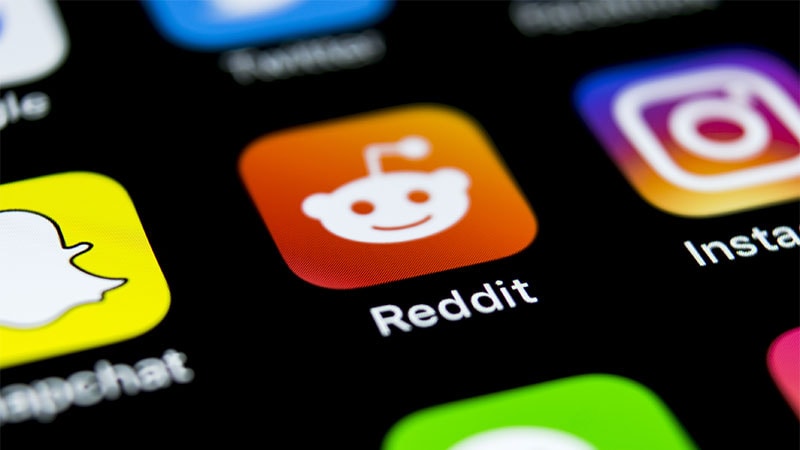AI Analysis Reveals Statin Misinformation on Social Media
Core Concepts
AI analysis uncovers widespread statin misinformation on social media.
Abstract
The study utilized AI to analyze discussions on Reddit regarding statins, revealing common themes of statin hesitancy, misinformation about cholesterol, and links between statins and COVID-19 outcomes. Key findings include the identification of various thematic groups such as ketogenic diets, statin adverse effects, and pharmaceutical industry bias. The sentiment analysis showed predominantly negative or neutral views on statins, highlighting the prevalence of misinformation and hesitancy among social media users.
Statin Misinformation on Social Media Flagged by AI
Stats
"A total of 10,233 unique statin-related discussions and 5,188 unique authors were identified."
"100 discussion topics were identified and classified into six overarching thematic groups."
"Temporal trends show an increase in discussions related to statins over time."
Quotes
"I think LDL is pretty much irrelevant. Your HDL and triglycerides are far more important."
"Red yeast rice is a statin basically, by the way."
"We found that almost no topic was positive. Everything was either neutral or negative."
Key Insights Distilled From
by Sue Hughes at www.medscape.com 05-04-2023
https://www.medscape.com/viewarticle/991585
Deeper Inquiries
How can healthcare professionals effectively combat misinformation about statins on social media?
Healthcare professionals can combat misinformation about statins on social media by actively engaging with patients on these platforms. They can create educational content that debunks myths and provides accurate information about statins. Additionally, healthcare professionals can collaborate with social media influencers or patient advocates to spread evidence-based information. It is crucial to address patient concerns and questions openly and transparently, providing scientific evidence to support the benefits of statins. By actively participating in online discussions, healthcare professionals can build trust and credibility, ultimately combating misinformation effectively.
What are the potential risks of patients relying on social media for medical information?
Patients relying on social media for medical information are exposed to various risks, including misinformation, lack of context, and biased opinions. Social media platforms often lack regulation and oversight, leading to the spread of inaccurate or misleading information about healthcare topics such as statins. Patients may encounter anecdotal experiences or unverified claims that can influence their decisions regarding treatment options. Moreover, the echo chamber effect on social media can reinforce existing beliefs or fears, leading to confirmation bias and potentially harmful decisions. Overall, relying solely on social media for medical information can result in uninformed choices and negative health outcomes.
How can AI be further utilized to enhance patient education and combat misinformation in healthcare?
AI can be further utilized to enhance patient education and combat misinformation in healthcare by developing algorithms that analyze and categorize online content for accuracy and reliability. AI-powered chatbots can provide real-time responses to patient queries, offering evidence-based information about statins and addressing common misconceptions. Additionally, AI can track trends in social media discussions to identify emerging misinformation and proactively counteract it with accurate data. By leveraging AI technologies, healthcare providers can personalize patient education materials, deliver targeted interventions, and improve health literacy among the general population. AI has the potential to revolutionize patient education and combat misinformation effectively in the digital age.
0
